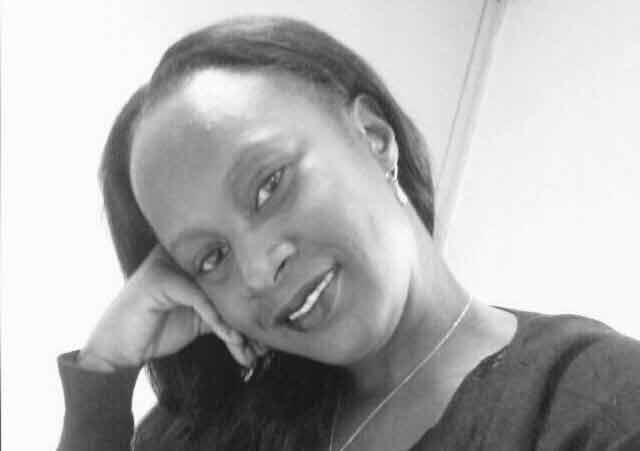
Decision to sack journalists: A threat to media freedom
All over the world, free societies thrive on a vibrant media. It was, therefore, not surprising to democratically minded people when President Nana Addo Dankwa Akufo-Addo, in faraway Germany, declared that he would prefer the current ‘loud and crowded’ press with some bouts of recklessness to a praise-singing one.
The President made the remarks in a speech delivered on the theme: “Ghana, A Rising Star of Africa”, at an event organised by the Konrad Adenauer Foundation in Berlin, Germany.
He noted further that there was a lot to be taught those who practised journalism in Ghana “but, I must say, I would much rather have the loud and reckless media than the meek and praise-singing one that used to characterise our newspapers, radio and television.”
It is in this context that the Daily Graphic is very much amazed that a magistrate at the Accra Central District Court 7 last Thursday barred journalists from reporting on the case of the two men linked to the murder of a former Member of Parliament (MP) for Abuakwa North, Mr J.B. Danquah-Adu.
The magistrate, Ms Arit Nsemoh, sacked all journalists immediately the two accused persons, Daniel Asiedu and Vincent Bosso, were brought into the courtroom.
She further instructed policemen on duty at the court not to allow any journalist to enter the courtroom.
“No journalist is allowed in this courtroom,’’ she stated.
The reason for this action was not immediately disclosed. Later, it was reported that the journalists were sacked because they sent cameras into the courtroom. The journalists who were in the court have, however, debunked this assertion.
No matter the rationale, to bar journalists from their lawful duty in a democratic dispensation such as Ghana to say the least is not favourable.
Journalists who report from the courts play a crucial role in the democratic dispensation in the country and nothing must be done to bar them from exercising that democratic obligations to society.
Unquestionably, every democratic state needs the press to mirror activities of the state and to keep the wheel of good governance in motion. That is the more reason why many people, including the President, will prefer a reckless media to a praise-singing one.
The Daily Graphic acknowledges that some journalists in the country err on the side of recklessness. But the truth of the matter is that the country has come a long way on its democratic journey and it will be a stab in the back for any member of society or for that matter, the Judiciary, to stand in the way of free speech.
Even though the Daily Graphic concedes that reporting from the law courts is a privilege and not a right which comes with responsibility, it is our conviction that our highly respected magistrate will rethink her position if she is confronted with such a situation again.
This will go a long way to build, sustain and enhance rapport between the Judiciary and the media, rule of law, democratic governance and freedom of expression.
The media will by all means need the Judiciary to discharge its duties as the Fourth Estate of the realm. Equally, the Judiciary can also not do away with the media in its quest to promote rule of law, democratic governance and freedom of expression. It is an established fact that justice emanates from the people and they can only be part of the process when they are well educated by the activities of the court.
What happened at the district court last Thursday is really unfortunate and going forward, the Judiciary and the media should cooperate for the progress of the nation.
